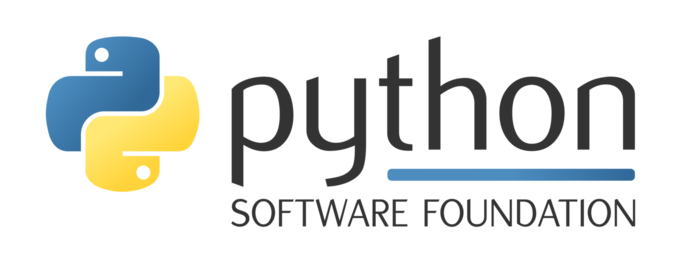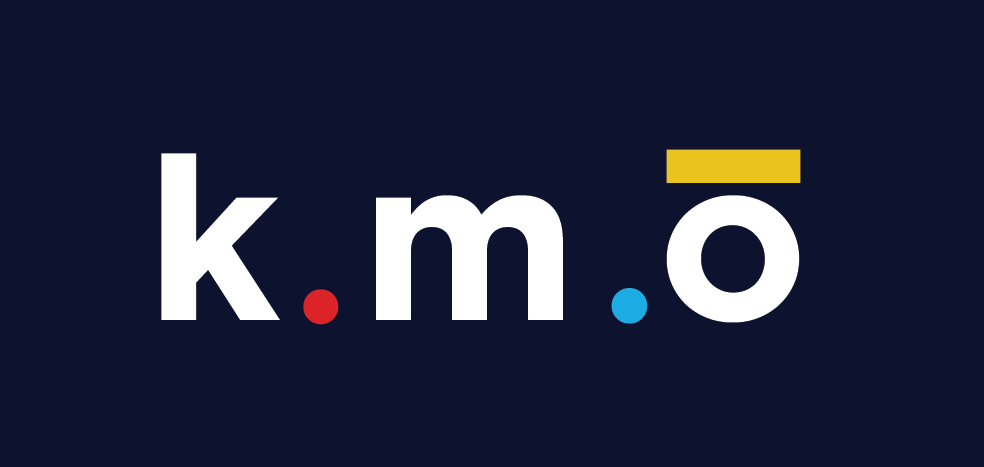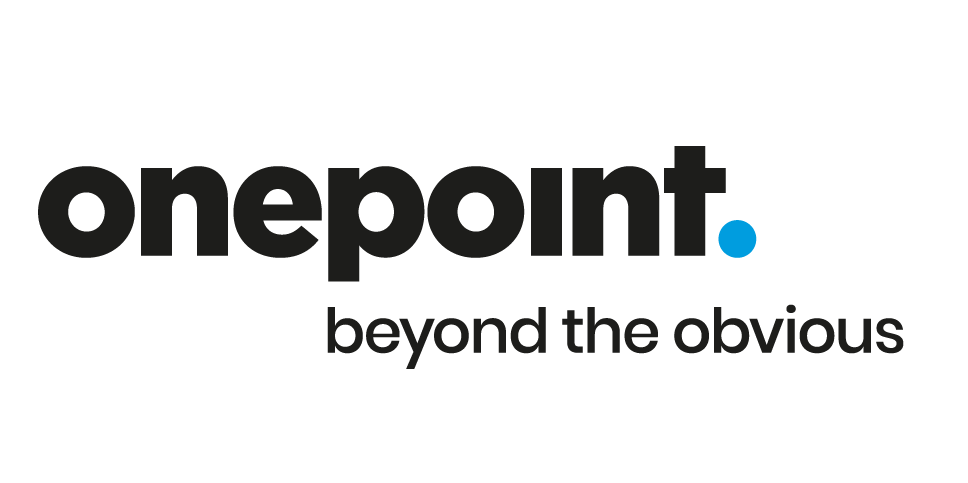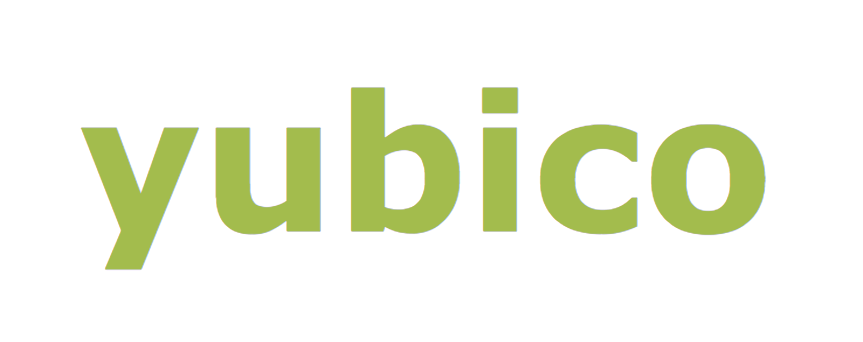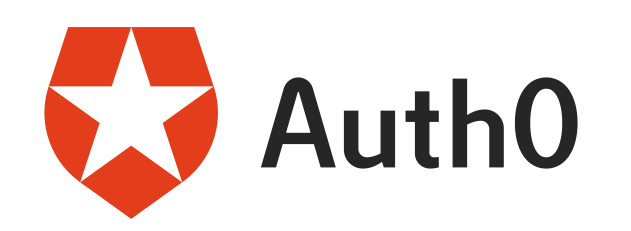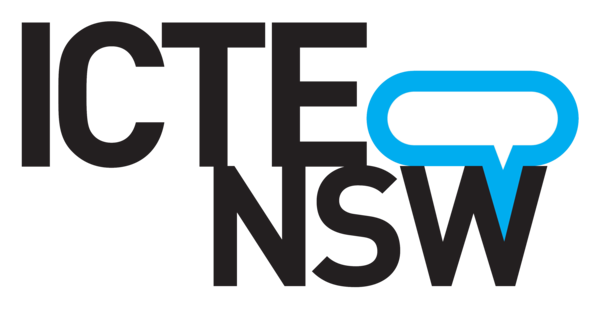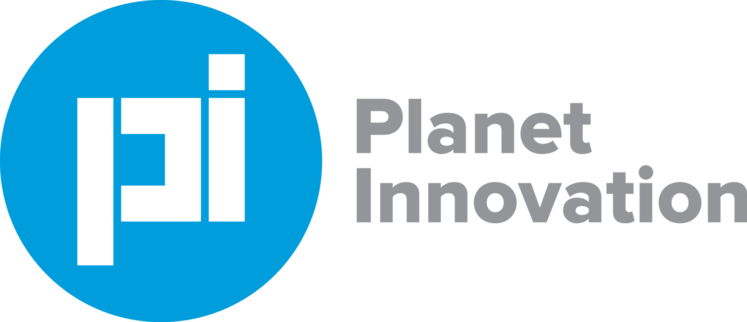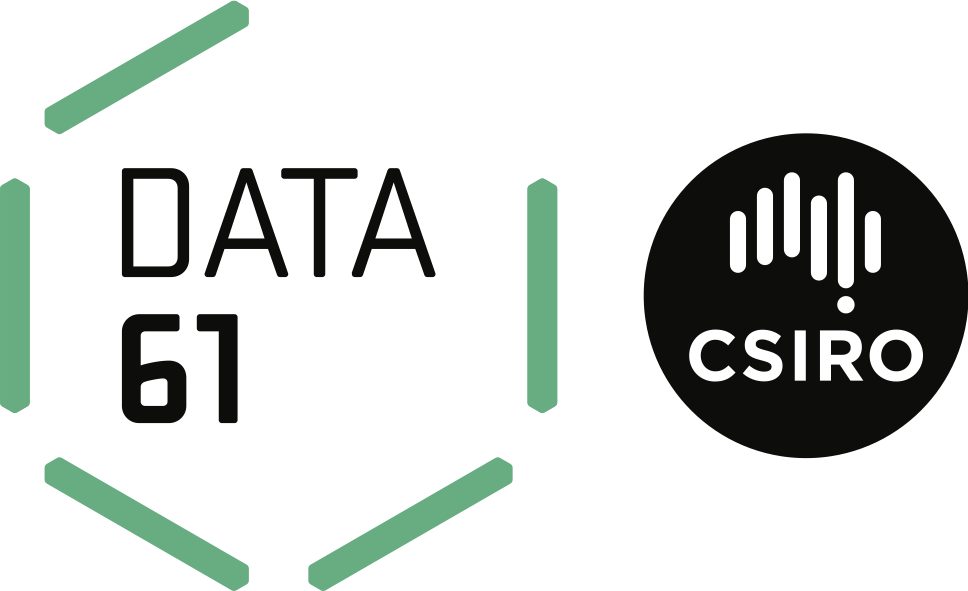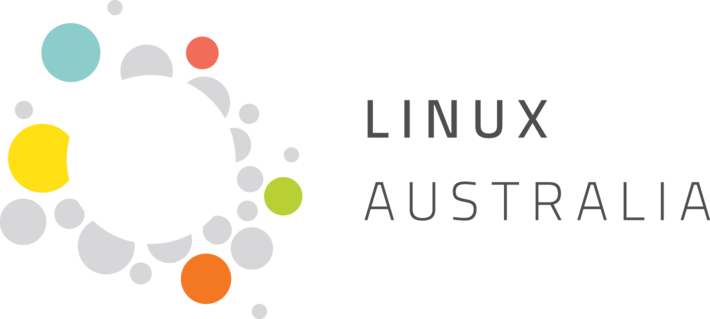In 2015, the PHP project released version 7.0 of the PHP language. An advantage PHP had was that Python had gone through a similar process with Python 3 seven years earlier. I’ll discuss the lessons taken from the Python 2-3 transition, and how they were applied.
In 2015, after several years of discussion, the PHP project released version 7.0 of the PHP language. In the end, PHP 7 was released with almost no backward compatibility breaks for well written, modern PHP 5 code.
The PHP project had a significant advantage, though: Python was in the midst of its own transition from 2 to 3 at the time, and PHP’s developers could learn from that.
This is what was learned, and its implications for both PHP and Python.
Watch 'What PHP learned from Python' on PyCon AU's YouTube account
Adam Harvey
Adam is a software developer who has worked on a number of interesting and occasionally even useful things in his two decade career. These include prototyping the worst mesh network of all time (based on Android phones), discovering how to reliably lock up a Windows computer by writing an in-browser video editor, and (most usefully) removing the original mysql_* API from PHP.
Today he works at New Relic on their PHP and C language support. In his spare time, he contributes to a variety of open source projects, a secret robot project that may have some Asimov-related issues, a variety of half finished web sites, and attempts to drink every beer Vancouver produces.


